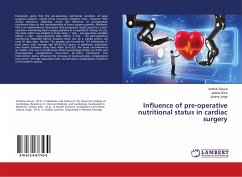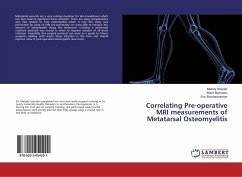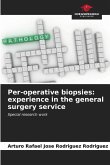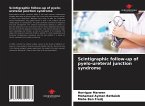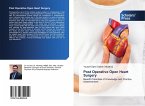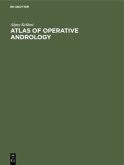Preoperative anxiety can have an impact on the medical and psychological aftermath of surgery and prolong postoperative recovery. Our aim was to estimate the prevalence of preoperative anxiety and determine the factors associated with it. We conducted a descriptive and analytical cross-sectional study of a series of 100 cases operated on in hospitals in the Gabès region (Tunisia) over a 6-month period, using a questionnaire covering both the pre-operative and post-operative periods and scales to measure patient anxiety. Among the 100 patients, the surgical procedure was digestive in 67% of cases, indicated as an emergency in 52% of cases, and the prevalence of preoperative anxiety was 32%. Factors found to be related to preoperative anxiety were blood group B, malignant nature of pathology, type of surgery, severity of surgery, preoperative information, presence of preoperative anxiety, systolic blood pressure, trait anxiety, and occurrence of intraoperative incidents and postoperative complications.


